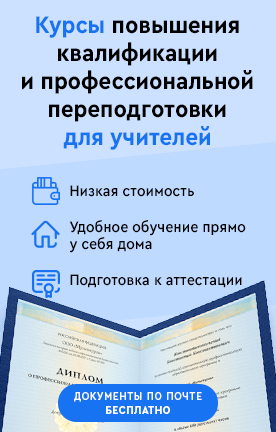Конспект урока подходит для учащихся 3 класса школ с углубленным изучением английского языка по УМК Верещагина, Афанасьева, предлагаются разные виды упражнений на трех этапах работы с текстом, также введение новых лексических единиц через наглядность и языковую догадку.
Создайте Ваш сайт учителя Курсы ПК и ППК Видеоуроки Олимпиады Вебинары для учителей
Развитие умения чтения в третьем классе на уроке английского языка
Вы уже знаете о суперспособностях современного учителя?
Тратить минимум сил на подготовку и проведение уроков.
Быстро и объективно проверять знания учащихся.
Сделать изучение нового материала максимально понятным.
Избавить себя от подбора заданий и их проверки после уроков.
Наладить дисциплину на своих уроках.
Получить возможность работать творчески.
Просмотр содержимого документа
«Развитие умения чтения в третьем классе на уроке английского языка»
Похожие файлы
Полезное для учителя
Распродажа видеоуроков!
1570 руб.
2240 руб.
1570 руб.
2240 руб.
1570 руб.
2240 руб.
1460 руб.
2090 руб.
Курсы ПК и ППК для учителей!
800 руб.
4000 руб.
2760 руб.
13800 руб.
800 руб.
4000 руб.
800 руб.
4000 руб.
ПОЛУЧИТЕ СВИДЕТЕЛЬСТВО МГНОВЕННО
* Свидетельство о публикации выдается БЕСПЛАТНО, СРАЗУ же после добавления Вами Вашей работы на сайт
Удобный поиск материалов для учителей
Проверка свидетельства




















